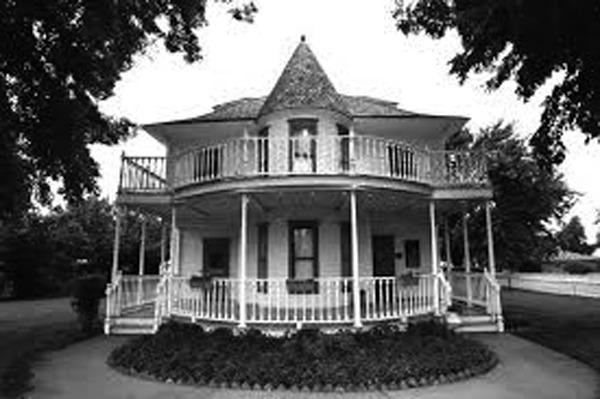April is Alcohol Awareness Month and I propose to write about the role of alcohol in the lives of T.B. and Elva Ferguson, an act promoted by their son, Walter, as an Oklahoma Senator from Cherokee, and the role of the Buffalo soldiers in enforcing the prohibition of the sale of alcohol to Native Americans in northwest Oklahoma.
I hope you enjoyed the series in March on Women’s History month. The last article included information on the three daughters of T.B. and Elva Ferguson. Connie Burcham spent much time researching and then writing about these three daughters who died young. We can only speculate on the causes of death, but childhood diseases such as influenza, whooping cough, diphtheria, scarlet fever, measles, dog rabies and other now vaccine preventable diseases were common causes of childhood deaths, along with accidents.
During the Territorial years, the sale of alcohol to whites and “Negros” was Permitted (A Social History of Prohibition In Oklahoma, 1900-1920 By James Edward Klein), a PhD thesis submitted at Oklahoma State University in 2003. Sale of alcohol to Native Americans was prohibited. Many are aware of Mrs. Ferguson’s first impression of Watonga upon arrival in October 1892 from Kansas in a wagon carrying household goods and two small boys (Walter and Trad (Tom). Upon arrival, the family was greeted by the lights of seven saloons in Watonga. Mrs. Ferguson tells in her book “They Carried the Torch” that she was not going to raise her family in such a place, but by daylight, things looked a little better, and fortunately, they stayed and within 10 days began publishing the Watonga Republican.
As editors of the paper, Thompson Benton and Elva must have had strong words about the evils of alcohol in excess. In the same book by Elva, she recounts two incidents instigated by saloon owners. Once, shots were fired into the office of the Republican by cowboys under the influence, narrowly missing Mrs. Ferguson. They apparently had some issue with the Fergusons.
In another instance, fire was set to the office of the Republican, and the family, asleep in the back living quarters, escaped. A saloon owner had paid the arsonist $10 to burn them out. What courage and conviction by the Fergusons were required in the face of such violence to continue the crusade against the evils of alcohol.
Led by Pietistic Protestants, prohibitionists first attempted to end the trade in alcoholic drinks during the 19th century. They aimed to heal what they saw as an ill society beset by alcohol- related problems such as alcoholism, family violence, and saloonbased political corruption. (Wikipedia.com). Klein writes that generally those in favor of control or prohibition of alcohol were the Baptist, Methodists (T.B. Ferguson was trained and served as a Methodist minister), and Christians (Disciples of Christ and Church of Christ). Those less opposed were Catholics, Lutherans and Presbyterians who use alcohol in their services (more about this when we discuss the “Bone Dry Act” of Walter Ferguson). Lutherans from Germany were famous for their manufacture of strong drink, but entry into WW1 against Germany softened that support (Wikipedia.com) When the state constitution of 1907 was written by representatives of Indian Territory and Oklahoma Territory (and two from the Osage nation), sale of alcohol was prohibited, Klein notes. T.B. Ferguson served as governor from 1901 to January 1906, so during his term, alcohol sales were permitted. There exist letters and documents concerning T.B. and prohibition from his gubernatorial days, but a visit to the University of Oklahoma Western History Collections may be required to review these.

